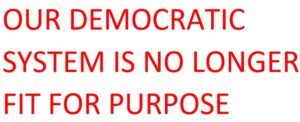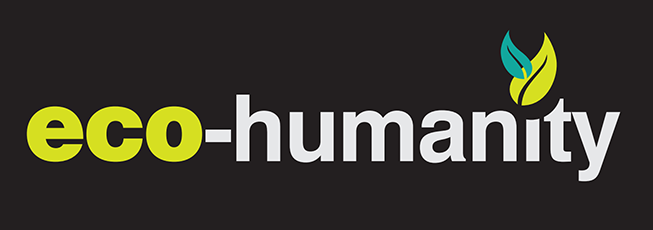 Political parties and politicians running for office need money in order to campaign and function. For most of the twentieth century the Labour party were dependent on income from trades-unions whilst the Conservatives relied on donations from wealthy businessmen. As a result, the trade-union political agenda had a large influence on Labour policies. Wealthy businessmen not only had leverage on Conservative policies but were also rewarded with honours and peerages. You can argue that both funding methods eroded the democratic process and gave a small number of individuals outside government a say in the way the country was run. Politicians recognised some of the dangers involved and, by an Act of 2000, some restrictions were placed on funding and record keeping. Funding must only come from UK electors or UK-registered organisations; political parties must also record donations or loans over £7,500; and MPs must report those over £500.
Political parties and politicians running for office need money in order to campaign and function. For most of the twentieth century the Labour party were dependent on income from trades-unions whilst the Conservatives relied on donations from wealthy businessmen. As a result, the trade-union political agenda had a large influence on Labour policies. Wealthy businessmen not only had leverage on Conservative policies but were also rewarded with honours and peerages. You can argue that both funding methods eroded the democratic process and gave a small number of individuals outside government a say in the way the country was run. Politicians recognised some of the dangers involved and, by an Act of 2000, some restrictions were placed on funding and record keeping. Funding must only come from UK electors or UK-registered organisations; political parties must also record donations or loans over £7,500; and MPs must report those over £500.
However, it has become apparent that these rules are insufficient and easily subverted. In the last three decades there has been a trend for right-wing parties to rely increasingly on income from a few rich individuals. These individuals are often libertarians who want low taxes, minimum state control and are against all forms of cross-community support. This first occurred with the Republican party in America and is spreading to Britain. Peter Geoghegan in his book Democracy for Sale tells the story about how this occurred during the Brexit debate and has continued under Boris Johnson’s leadership. Indeed, leaks from tax havens have recently revealed the extent to which the Tory party is beholden to offshore funds from Russian oligarchs and tax exiles. ‘Access capitalism’, is the term Geoghegan uses to describe a democratic process in which the rich buy power and influence.
Apart from direct donations there are many other ways in which the rich influence government. There’s the press. The right-wing owners of the Daily Telegraph, the Daily Mail and the Daily Express all use their papers to propagate their views in the UK. In America, Murdoch’s Fox News is a notorious supporter and influencer of the Republican party. As well as directly lobbying ministers, rich companies and individuals fund think tanks, pressure groups and academic research to further their case. Much of this work is conducted through front organisations that hide the identity of the source of their funding. ‘Astroturfing’ a term used to describe the practise of presenting their case as if it comes from a groundswell of public opinion when in fact it is entirely based on propaganda from companies or individuals.
In most political debates, rich individuals and businesses have the ability to outspend any alternative views to their own. Actions, or more often inaction, on climate change, the obesity epidemic, the use of pesticides, Brexit, the privatisation of the NHS all have been heavily influenced by the rich. And, just like the tobacco lobby in the 1950s and 1960s, these have negatively affected the health and wealth of the British people. If democracy is to work for the good of all, the influence of outside money on the political process has to be better managed and controlled.
